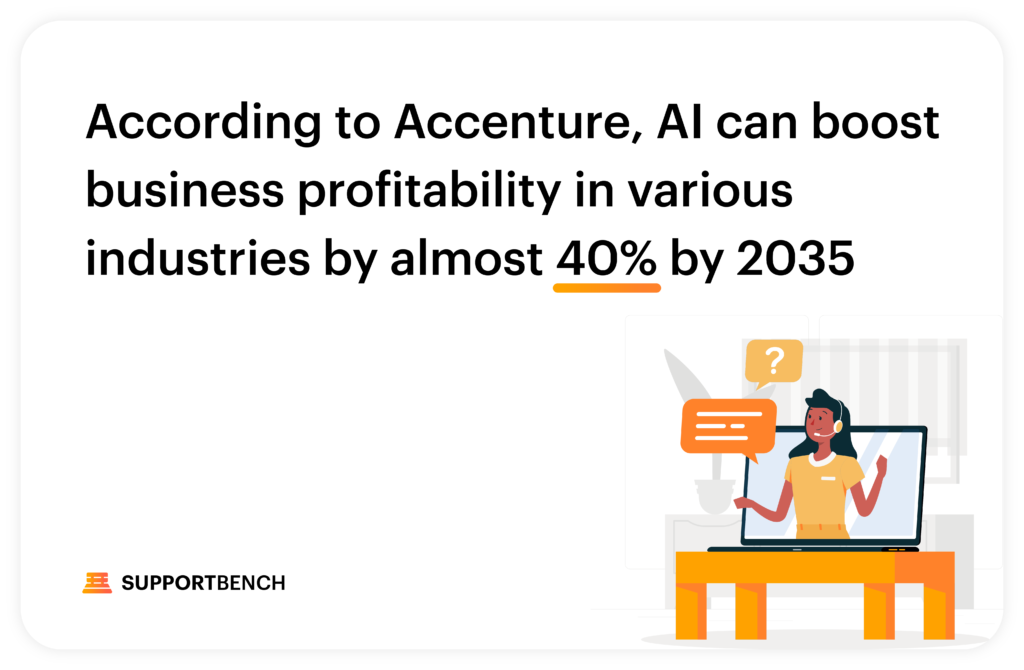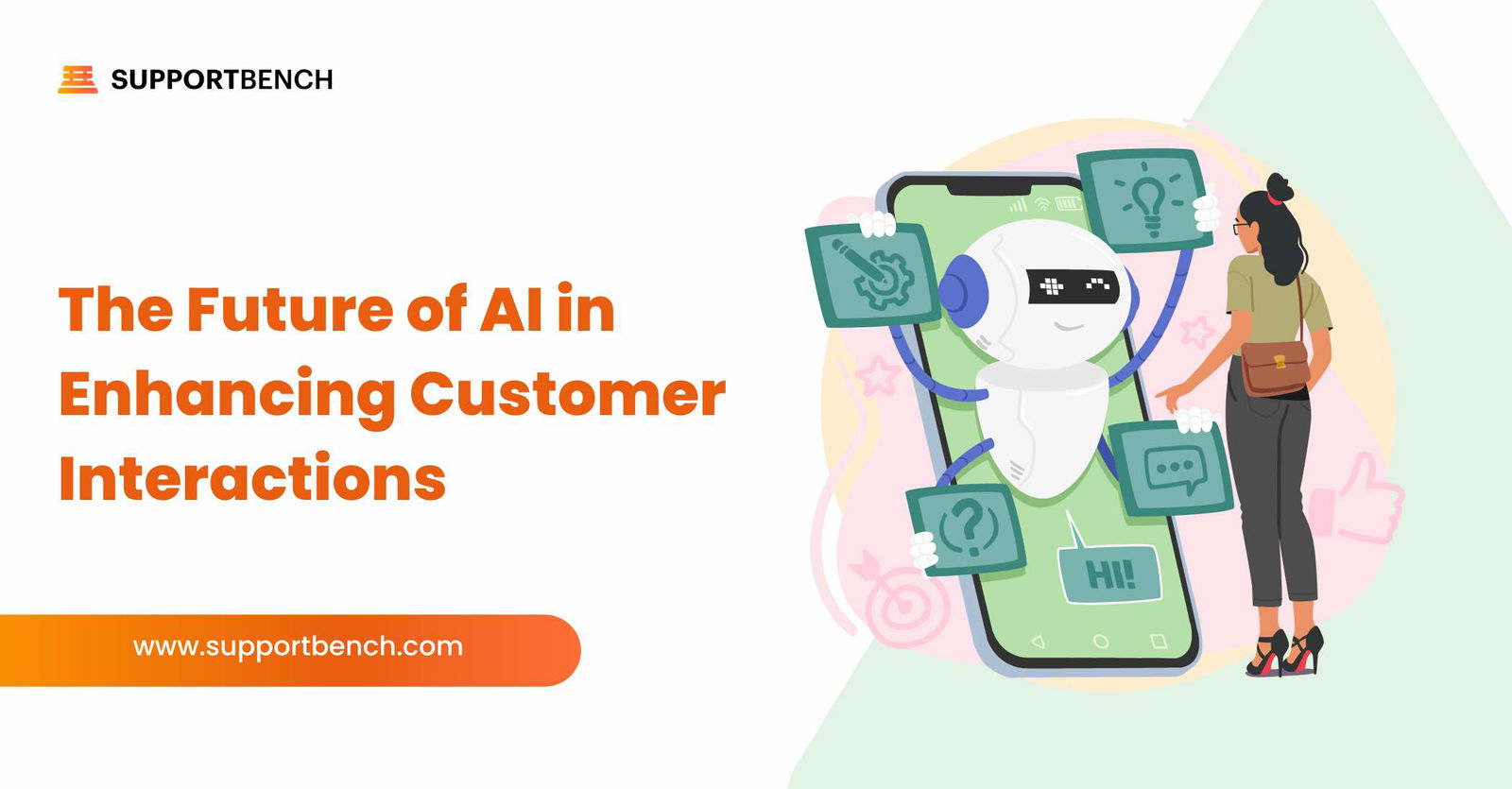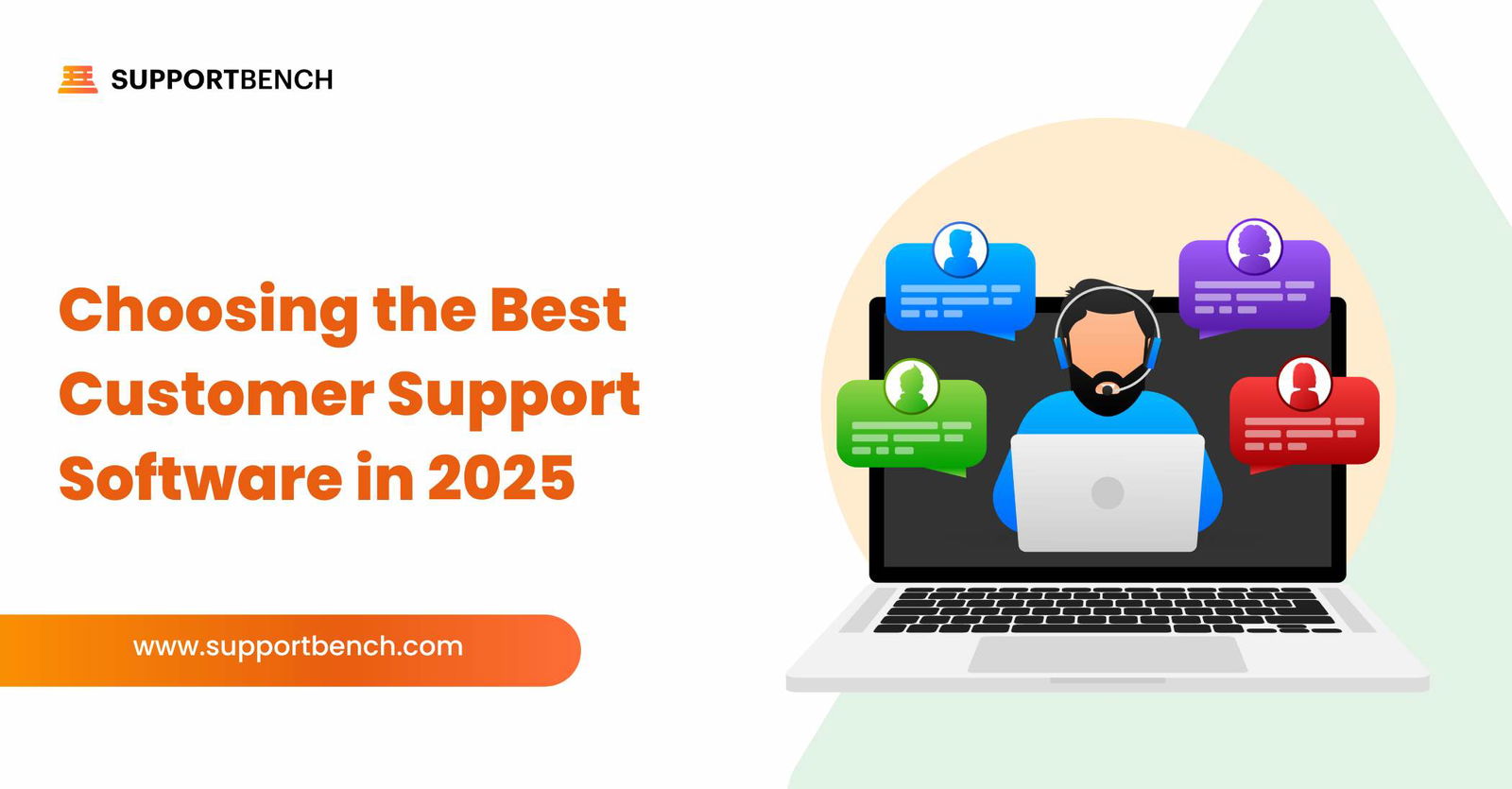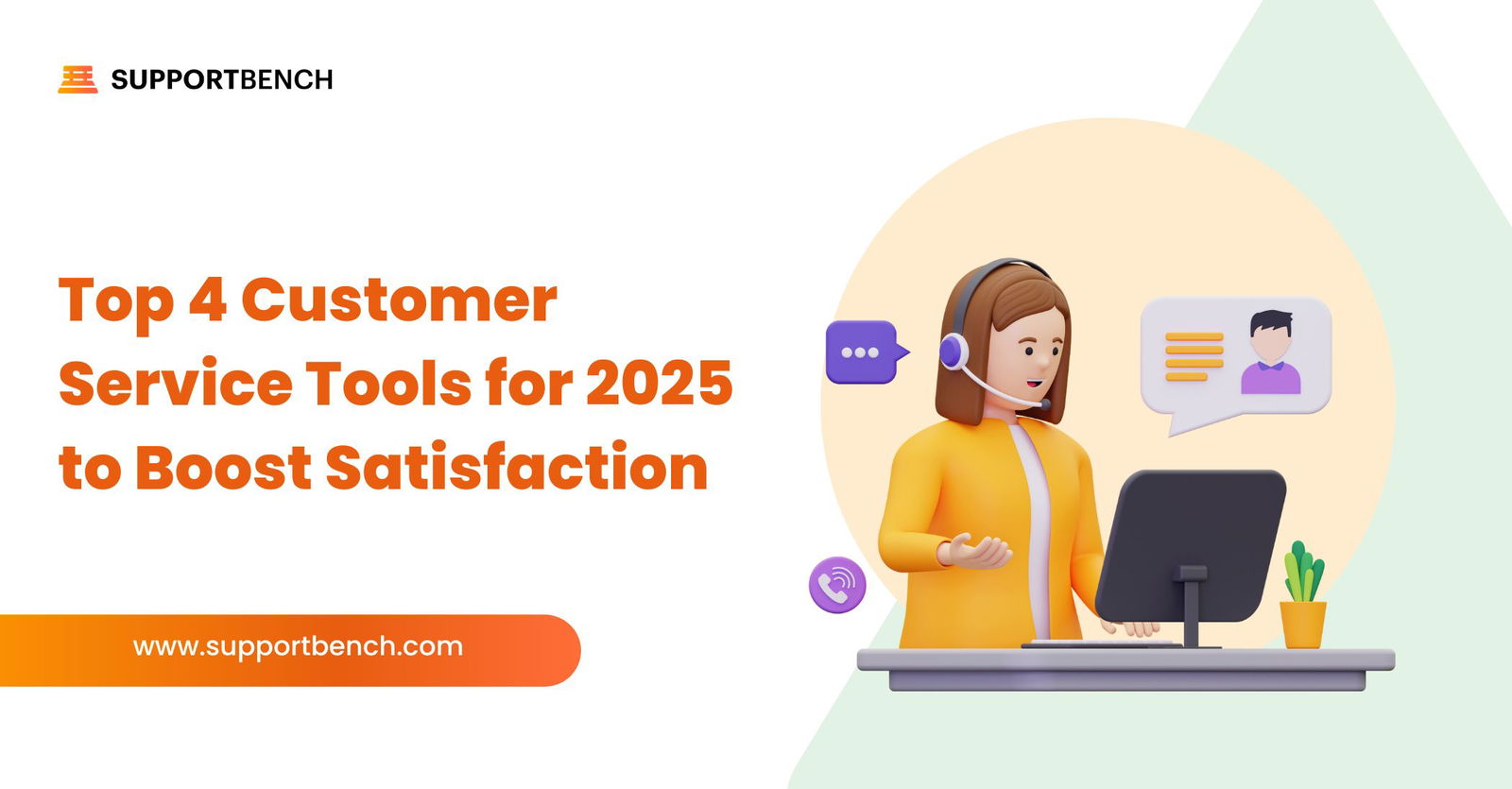In the digital era, the importance of effective customer support has been magnified. No longer are businesses merely evaluated by their products or services but also by the experiences they offer to customers. While CRMs (Customer Relationship Management) platforms have historically been considered the heart of customer-centric strategies, recent trends have indicated that a robust customer support platform might just be the real revenue-generating powerhouse.
“If you’re not taking care of your customer, your competitor will.” – Bob Hooey

1. The Rise of the Support-Driven Revenue Model
According to a report by Forrester Research, businesses with superior customer experiences tend to grow revenue at a 5-10% rate faster than their competitors. Further, the Gartner Group states that 80% of a company’s future revenue will come from just 20% of its existing customers. This just begins to show the economic value of prioritizing customer support. Superior customer experiences aren’t just a moral or ethical obligation—they’re a financial imperative. With most of the future revenue expected to come from a fraction of existing customers, it is clear that nurturing and retaining existing relationships is as important, if not more so, than acquiring new customers.
Try and shift your focus from mere customer acquisition to customer retention and loyalty. While acquisition is essential, keeping your current customers happy and engaged brings more revenue over their lifetime; especially if you’re B2B. And using a Support tool that has features like dynamic SLAs and KCS knowledge base, you can tailor your services according to each of your customer’s unique needs, ensuring consistent positive experiences and building long-lasting relationships.
2. AI-Enhanced Support for Better Decision Making
According to Accenture, AI can boost business profitability in various industries by almost 40% by 2035. This prediction emphasizes AI’s transformative potential. AI has the capacity to streamline operations, automate routine tasks, and enhance decision-making. This increase in profitability could certainly be due to improved operational efficiency, targeted marketing strategies, and superior customer interactions powered by AI. 2024 is going to be an exciting year where we’ll see the beginning of the large revenue bumps from AI.
In order to take advantage of this now, start by immediately implementing fully integrated AI-driven Support tools to streamline support processes. From AI-driven summaries to sentiment analysis and emotional scoring, embracing AI can refine the customer support experience. Try and lean towards one of the newer platforms like Supportbench that can have full AI integregrations as they’re new enough to retool quickly, not like the older legacy solutions.
3. Personalization is Key to Superior Support
Epsilon suggests that 80% of consumers are more likely to make a purchase from a brand that provides personalized experiences. Consumers today are inundated with choices. What differentiates one service from another isn’t just the quality of the product, but the quality of the experience. Personalized experiences, tailored to individual preferences, make consumers feel valued and understood, which in turn fosters loyalty and drives sales.
With the right support platform, you can use data analytics and customer insights to provide personalized support experiences. Understanding the unique needs and preferences of each customer allows you to then offer tailored solutions, further enhancing loyalty and trust.
4. Proactive Support Outweighs Reactive Support
According to Harvard Business Review, reducing customer effort can boost loyalty. This means businesses should aim to solve problems before customers even know they exist. Your customers today expect swift and hassle-free service. Every additional step a they have to take or every additional minute they wait can be detrimental. By preemptively addressing issues, businesses can ensure smoother customer journeys, fostering greater loyalty.
So, implement systems that are built bottom up for the B2B and can handle the complexity of workflow that you require from it. A system like this will alert support teams about potential issues or renewals, allowing them to take proactive measures. Newer B2B platforms like Supportbench have dynamic SLAs instead of the traditional static ones, that can drastically help you proactively adjust your support strategies based on upcoming events, ensuring your valued customers always get timely assistance.
5. Enhanced Data Security is a Non-negotiable
IBM reports that the average cost of a data breach is $3.92 million. Not only does this impact finances, but it also shatters customer trust. This erosion of customer trust, can have long-term repercussions for your revenues. With the average cost of a breach nearing $4 million, it’s a financial hit that most mid-market to enterprise companies would find hard to absorb, making enhanced security measures paramount.
Do your best to migrate over to a Support plaform that prioritizes data security and allows for role-based access to information. Role-based security ensures that agents and content are locked down, ensuring that customers see only what they need to see, keeping data safe and secure.
6. Integration with Other Business Platforms Boosts Efficiency
Nucleus Research found that CRM returns $8.71 for every dollar spent. This speaks volumes about the ROI offered by CRM systems. For every dollar invested, businesses see almost nine times that in returns. This is likely attributed to better customer data management, efficient lead tracking, and improved customer relations—highlighting the importance of seamless integration between various business platforms.
So, ensure your support platform seamlessly integrates with other business tools, especially CRMs, to get a holistic view of customer interactions and provide unified support. Supportbench, for example, has the tightest Salesforce synchronization that allows your agents to view licensing information and even craft workflows based on customer information, ensuring support is aligned with both sales and marketing strategies.
7. Knowledge Empowers Both Agents and Customers
According to Forrester, self-service portals can deflect up to 80% of routine questions. The value of self-service portals is evident in this statistic. If a majority of routine queries can be resolved without human intervention, it frees up support agents to handle more complex issues. This not only boosts efficiency but also enhances the customer experience as they get immediate answers.
Begin by implementing a B2B Support system with a comprehensive knowledge base and encourage its usage, both internally for agents and externally for customers. With KCS knowledge base and website widgets, a newer B2B Support platform can ensure that your customers and agents have immediate access to relevant information, reducing resolution times and boosting customer satisfaction.
8. Chatbots are Reshaping Support
A study by Juniper Research states that chatbots will drive over $112 billion in retail sales by 2023. Chatbots are rapidly becoming indispensable tools in the e-commerce sector. This prediction indicates that by efficiently handling queries, processing orders, and offering personalized recommendations, chatbots can significantly boost sales to the tune of hundreds of billions.
Try integrating a tool with fully integrated AI so that the chatbot can handle routine queries and ensure they have advanced accuracy and efficiency.
In conclusion, while CRMs are crucial for understanding and managing customer relationships, the new-age customer support platforms like Supportbench are the hidden gems driving revenue growth. By leveraging the power of AI, understanding the importance of personalization, and ensuring seamless management, Supportbench is not just keeping up with the times; it’s redefining them. And in doing so, it’s ensuring that support departments are not just the unsung heroes but the central pillars of organizational success.
Sources:
Forrester Research: The Business Impact Of Customer Experience, 2020.
Gartner Group: Customer Experience in Marketing Survey, 2019.
Accenture: Boosting Business Profitability with AI, 2021.
Epsilon: The Power of Personalization, 2020.
Harvard Business Review: The Effortless Experience, 2013.
IBM: Cost of a Data Breach Report, 2020.
Nucleus Research: CRM Payback Report, 2019.
Forrester: The Rise of Self-Service in Customer Support, 2019.
Juniper Research: The Role of Chatbots in E-commerce, 2022.












